Contact details
Cardiff, CF5 6XB, Wales
https://museum.wales/stfagans/visit/
0300 111 2 333
stfagans@museumwales.ac.uk
St. Fagans National Museum of History is an open–air museum based in south Wales.
The museum is located within the grounds of St. Fagans Castle and Gardens, a late-16th-century manor house that the Earl of Plymouth donated to the people of Wales in 1948.
At the museum, you can explore more than 50 historical buildings relocated from all over Wales, including a Victorian school, a mediaeval church, and the workmen’s institute.
See the Victorian school, Llys Llywelyn, a mediaeval prince’s hall, or stop off at the 1920s Gwalia Stores to buy some traditional Welsh food.
Visit the animals at Llwyn-yr-eos Farm or drop by to observe our artisans at work in the smithy, the clogmaker’s shop, and the corn and wool mills.
Opening Hours:
10am – 5pm daily (open Bank Holiday Mondays)
Food and drink:
Visitors can purchase food on site or bring a picnic.
Are dogs Allowed?:
Dogs are allowed, but must be kept on short leads at all times.
Accessibility:
Dedicated parking spaces for disabled visitors, wheelchairs available on request, accessible toilets.
See website for full accessibility guide.
Parking:
Parking available on site. £6 per day. Free parking for disabled badge holders and motorbikes.
More Information
For more in depth information about St. Fagans National Museum of History, you can read our full article here.
St Fagans
Whether you live in or are simply visiting the city of Cardiff, somewhere that you should definitely go to visit is St Fagans. There is so much here to see and do, and you can really experience history at different points in time. If you are someone that is fascinated...
Kidwelly Castle
If you are looking for a new castle to visit, then you might want to consider taking a look at Kidwelly Castle. This is a castle that is rich with history, and visiting what remains of this castle makes for an excellent day out. If you are thinking of going to this...
Sea Life Blackpool
People have been visiting Blackpool since the 18th century when it was seen as fashionable for higher class people to travel to the seaside for their summer holidays. Back then, it was believed that seawater was a cure-all for disease, so people travelled to Blackpool...

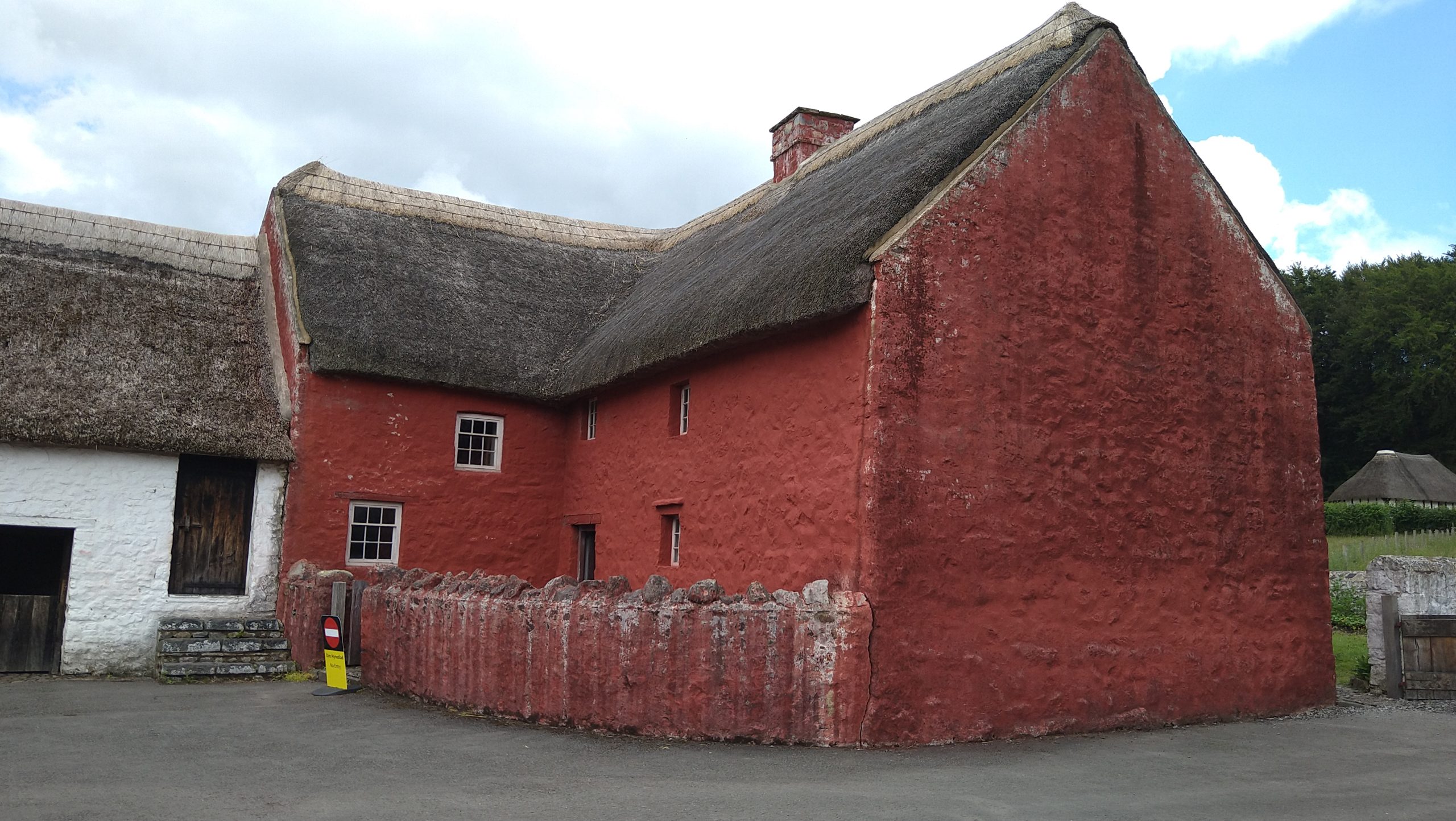
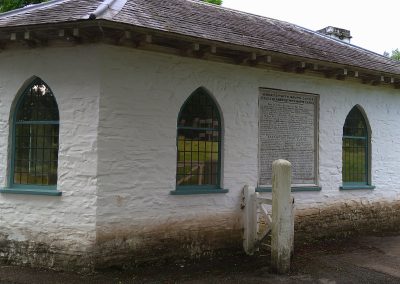
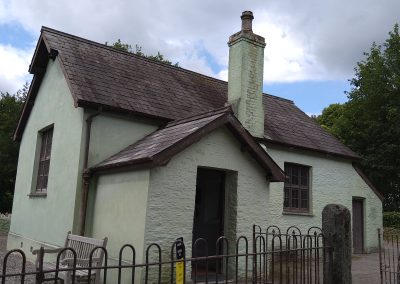
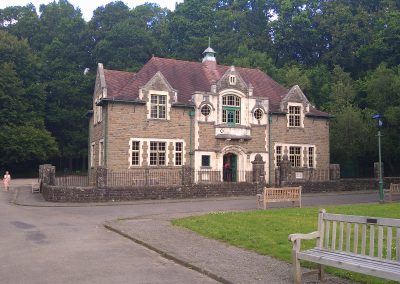
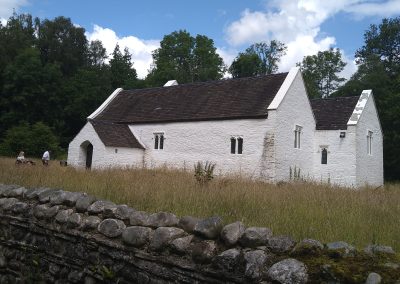
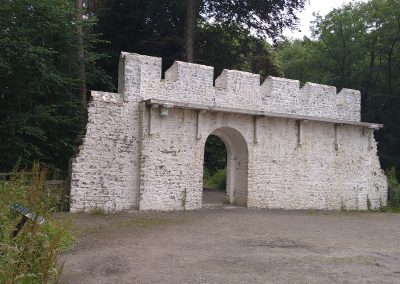
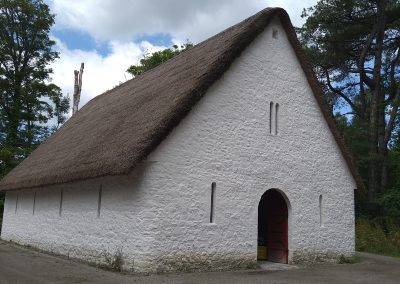
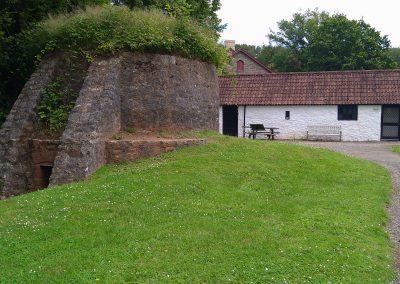
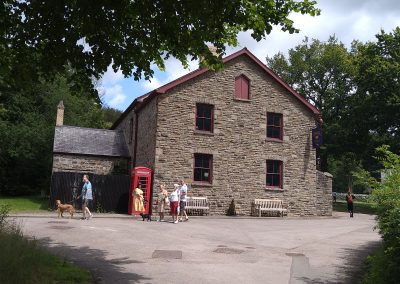
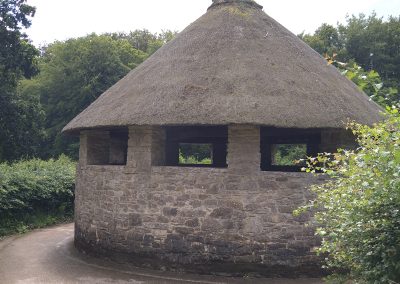
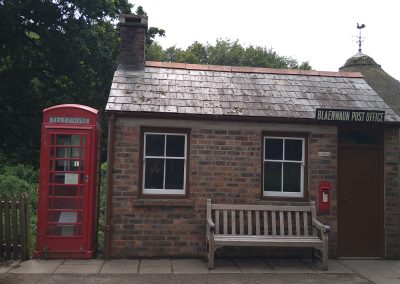
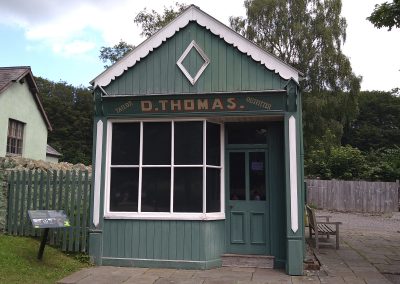
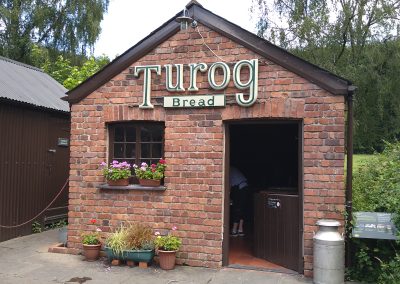
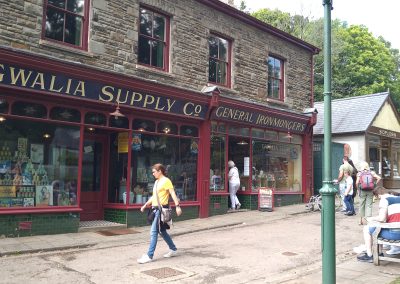
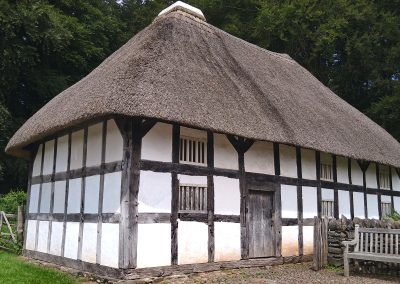
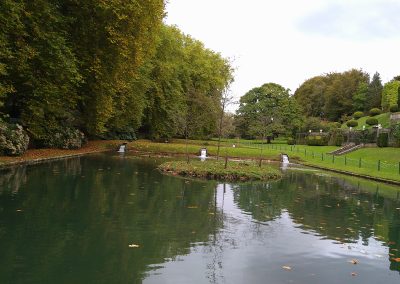
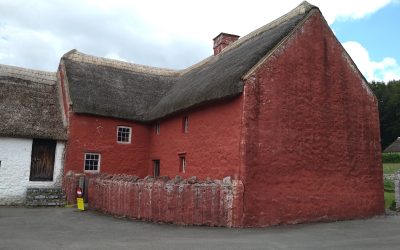



0 Comments